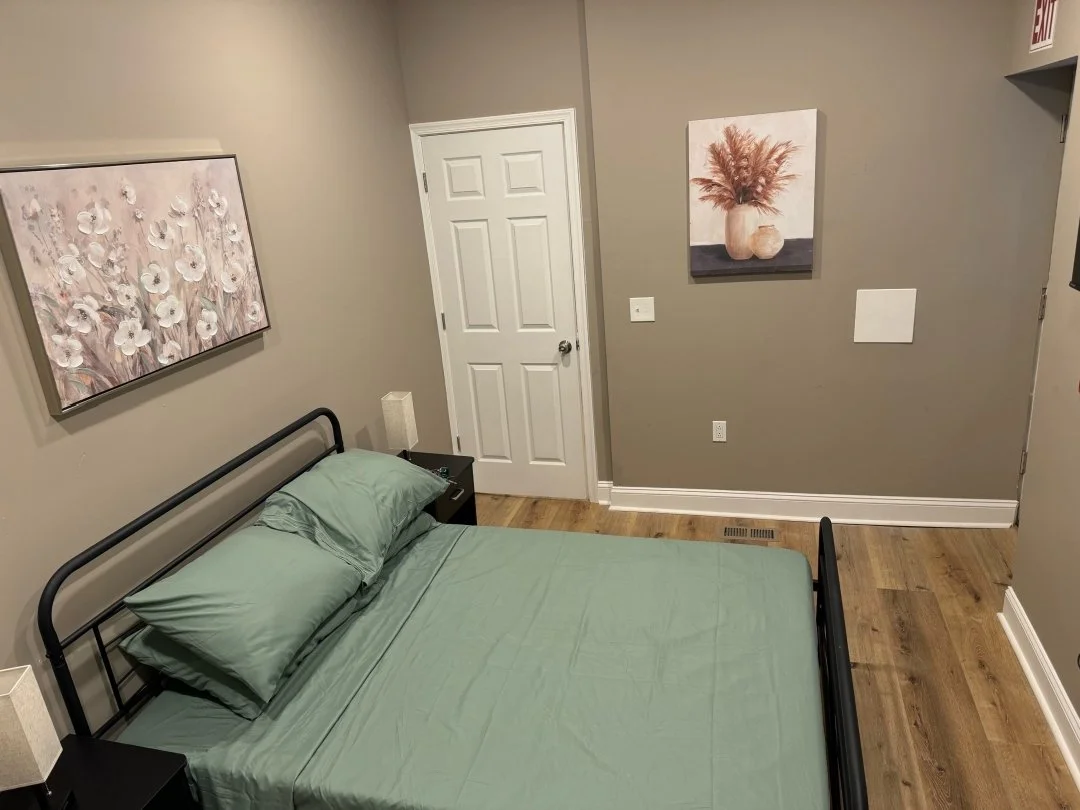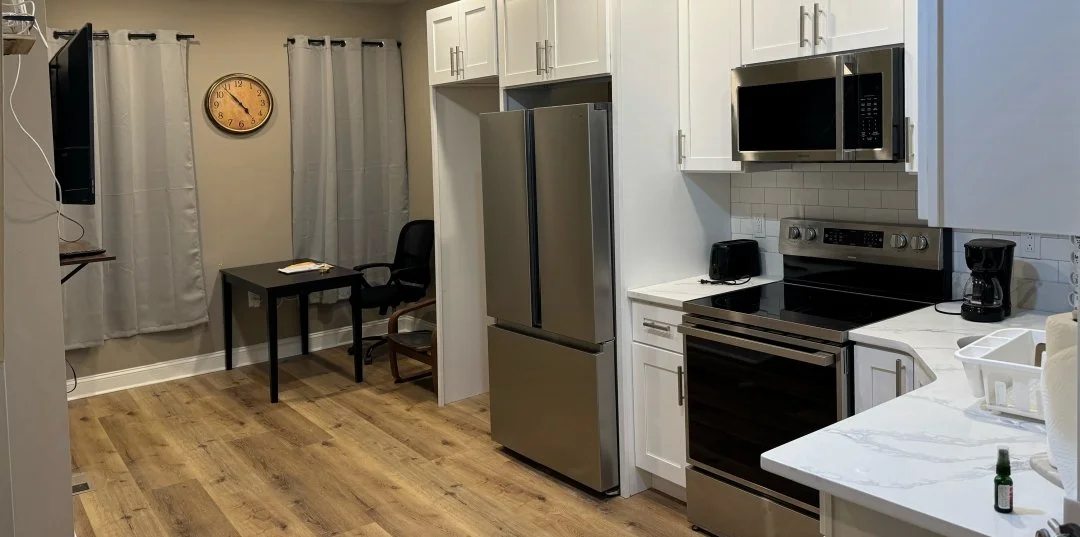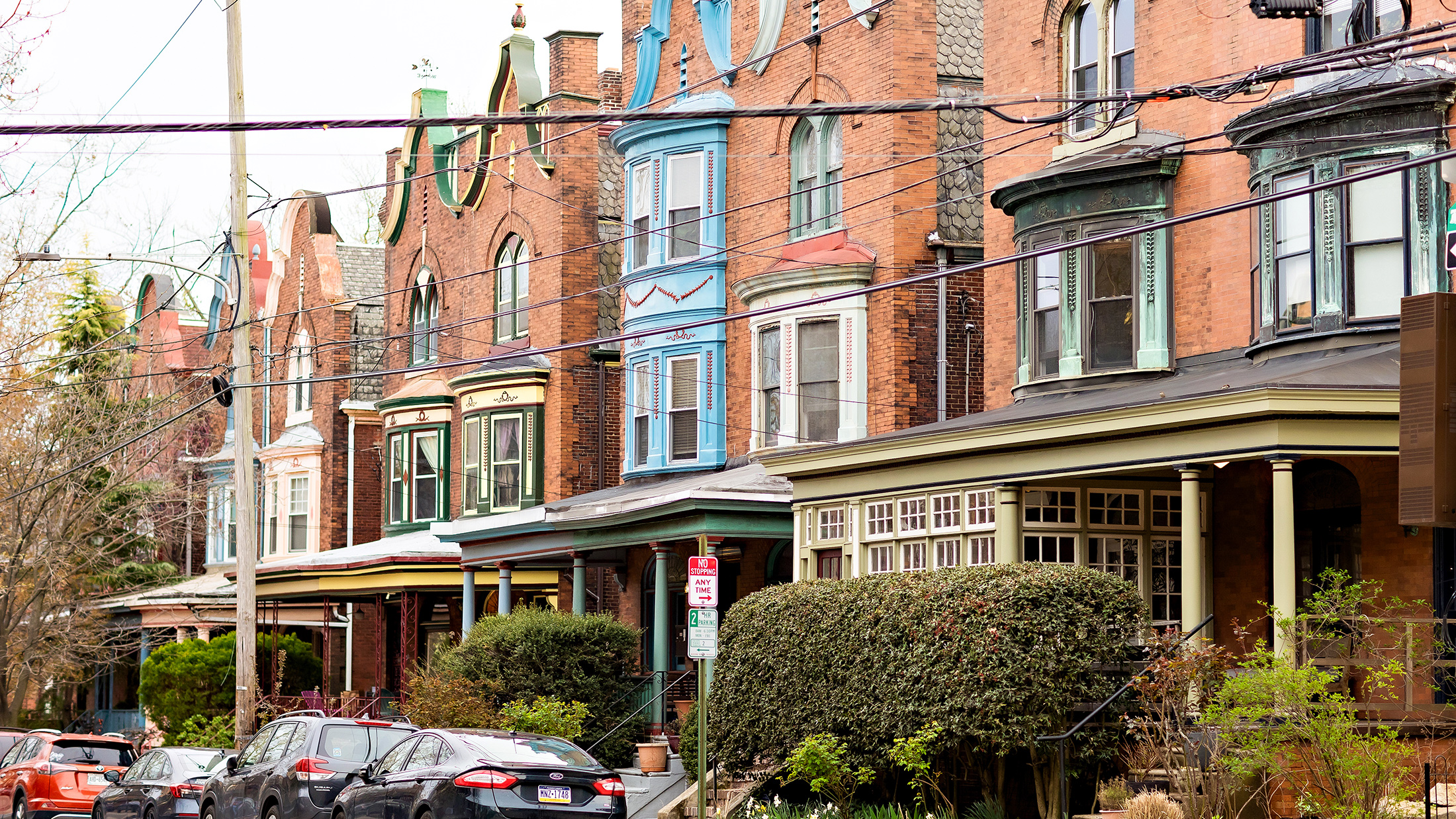Recovery housing programs offer various levels of support
- Supervised homes (Level 3): These provide professional support with structured guidance. They often include on-site staff or case managers offering recovery coaching, assistance with life skills, job training, and relapse prevention.
- Vocational Training Carpentry, Electrical, Masonry, Flooring
- Individual and Group Support Sessions
- Life skills Training
- Connection to Social Service Resources
- Long term Housing Support
- Recreational Activities
- Accessible to public transportation
- State of the art amenities
- On-site Security Surveillance
- Money Management
Steps to apply for United Recovery Org Transitional Housing
Contacting the agency and application:
- Initial contact: Reach out to the chosen agency by phone, email, or by visiting a listed intake center, if available.
- Application process: Most agencies will have an application process that may involve an interview, filling out forms, and submitting supporting documentation.
Documentation: Be prepared to provide the necessary documents, such as:
- Proof of income (e.g., pay stubs, W2s, notarized employer letters, etc.) for the past 90 days.
- Birth certificates and Social Security cards for all household members.
- Documentation of your homelessness or at-risk status (e.g., eviction notice, declaration of homelessness, etc.).
- Certifications regarding your housing history and lack of resources, as applicable.
Assessment and Screening
- Assessment with a social worker or case manager: Expect to meet with a staff member to assess your situation and determine your eligibility for their program.
- Potential screenings: Some agencies may conduct criminal background checks or other screenings as part of their eligibility process.
Participation Program Agreement
- Program enrollment and service plan: Upon acceptance, you will likely be enrolled in the program and work with staff to develop a personalized service plan tailored to your needs.
- Lease or occupancy agreement: You will typically be required to sign a program agreement or occupancy agreement for the transitional housing unit, which often has a minimum term of 6 months and is renewable upon expiration, with a maximum term of 24 months, according to HUD Exchange.
Important considerations
- Program variations: Specific requirements and processes may differ between agencies, so it’s essential to directly contact each organization for their precise protocols and requirements.
By following these general steps and preparing the necessary documentation, you can streamline the process of applying for transitional housing with a private agency in the agencies you are interested in.

I never imagined a place where I could feel safe, challenged, and encouraged all at once. The group sessions and guidance from staff changed the way I view myself and my relationships.”
Stephen H. Hartley
“United Residential Recovery gave me the support I didn’t even know I needed. The staff truly cares, and the structured environment helped me rebuild my life one step at a time.”
Sophie Langmore
Come stay with us and experience our exceptional service. A 95% guest satisfaction rate speaks for itself.
“Thanks to United Residential Recovery, I finally feel like I have the tools to manage my finances, my emotions, and my life. The home environment made all the difference in my journey.”
Mara May

“The support here goes beyond recovery—it’s about growth, accountability, and truly becoming the best version of yourself. I’m proud of how far I’ve come.”
Brian L. Myers






